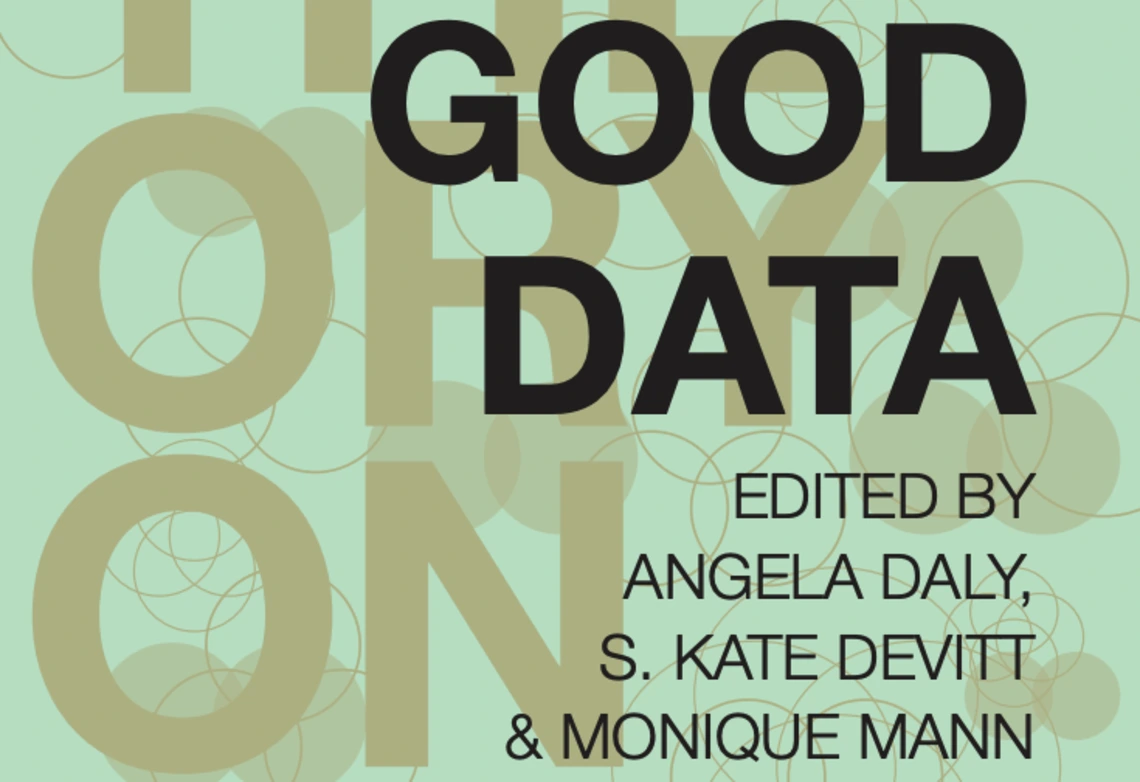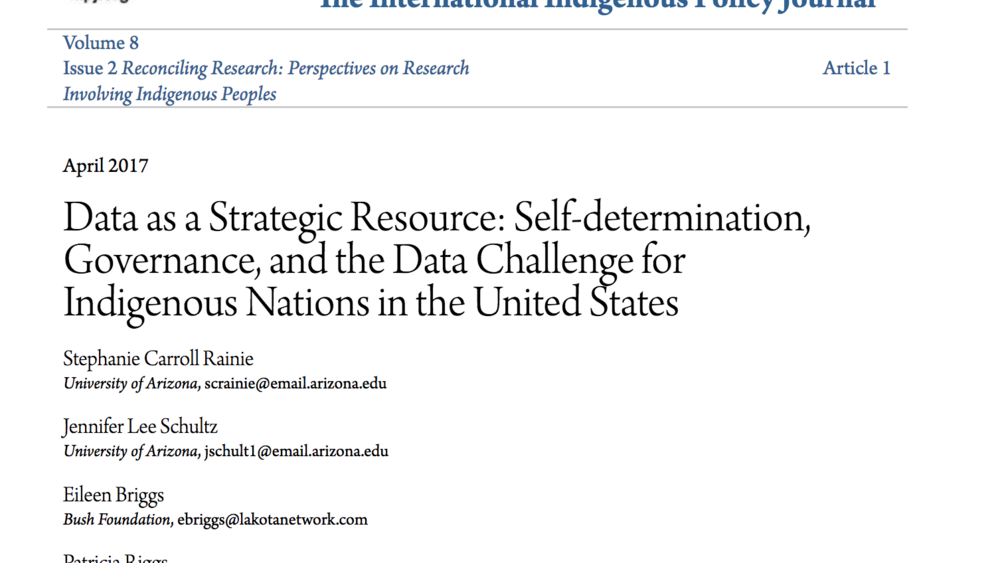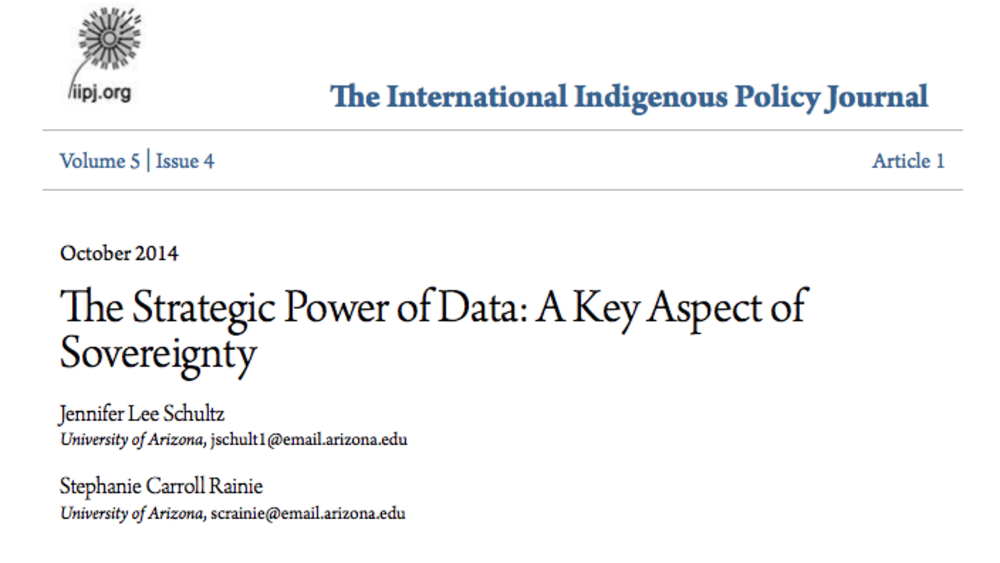Indigenous Data Sovereignty (IDS) and Indigenous Data Governance are Indigenous-led movements and practices through which Indigenous peoples are setting their own visions for good data regarding data generated and collected by and about them. IDS movements and practices can be seen as a manifestation of Indigenous peoples' sovereignty more generally and as an alternative vision of data, centreing Indigenous peoples' rights to self-determination and autonomy. IDS also challenges conventional, western colonial data practices, which have been utilised against Indigenous peoples since colonisation and continue to be used against them in the digital environment. The authors set out the context for, and emergence of, IDS movements and provide an overview of IDS developments including the IDS networks such as Te Mana Raraunga, the Maori Data Sovereignty Network in Aotearoa/New Zealand.
Additional Information
Lovett, Ray, Vanessa Lee, Tahu Kukutai, Stephanie Carroll Rainie, Jennifer Walker. “Good Data Practices for Indigenous Data Sovereignty,” in Angela Daly, Kate Devitt, & Monique Mann (Eds.), Good Data, Amsterdam: Institute of Network Cultures Inc. ISBN 978-94-92302-27-4. http://networkcultures.org/wp-content/uploads/2019/01/Good_Data.pdf




